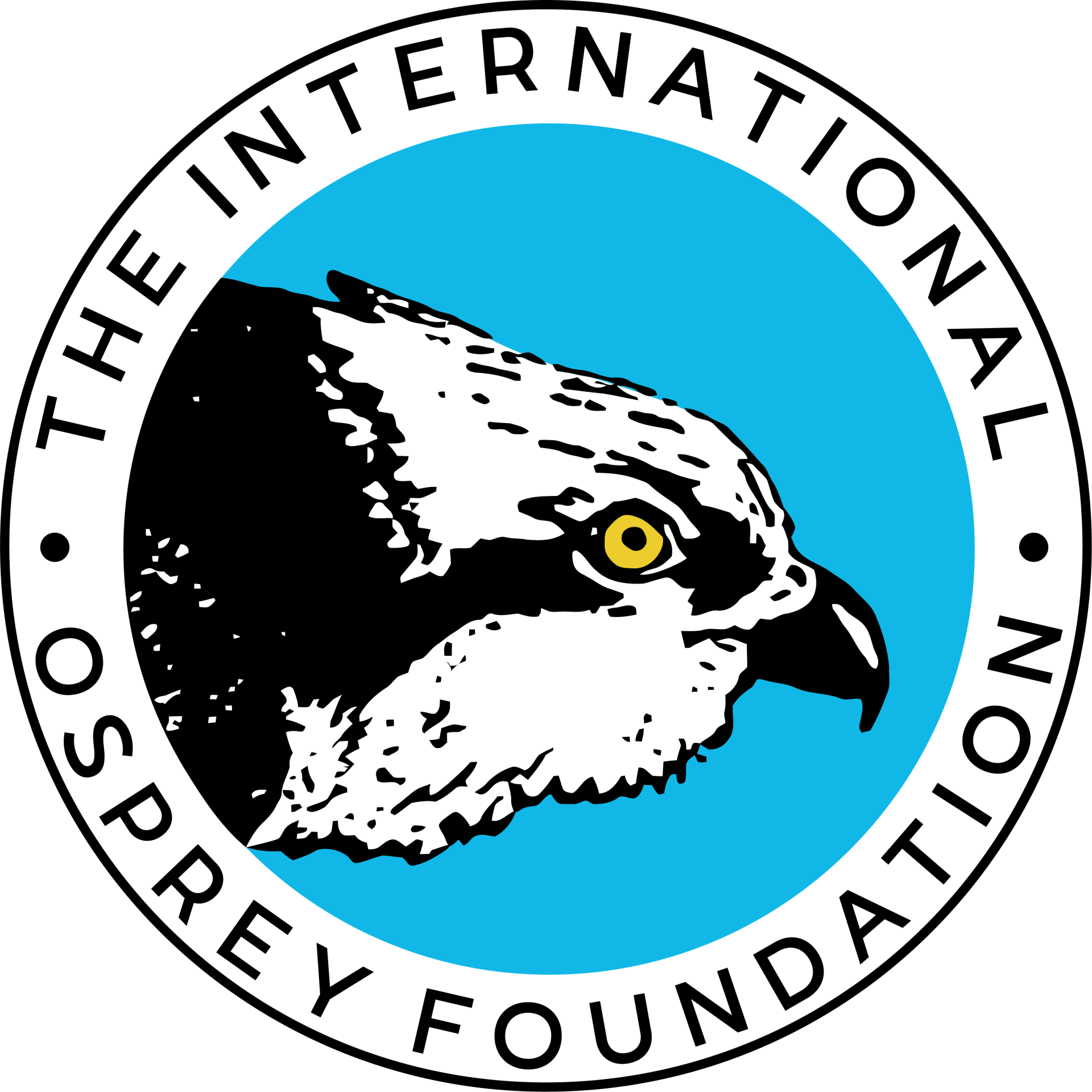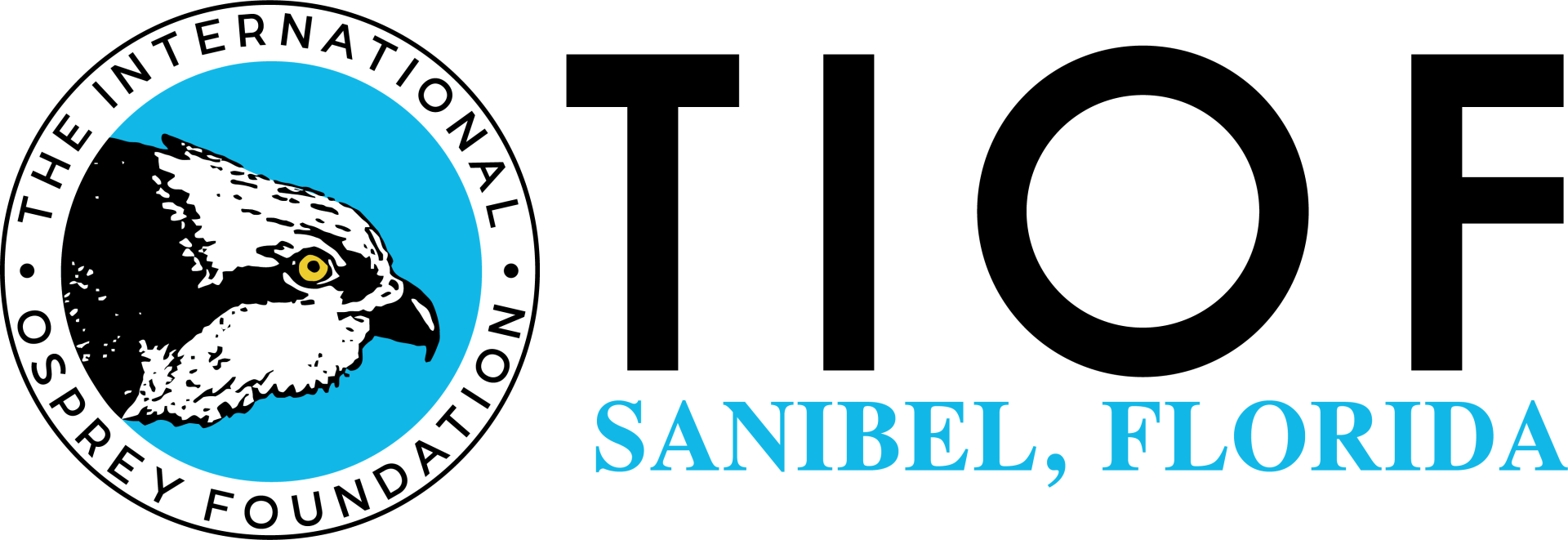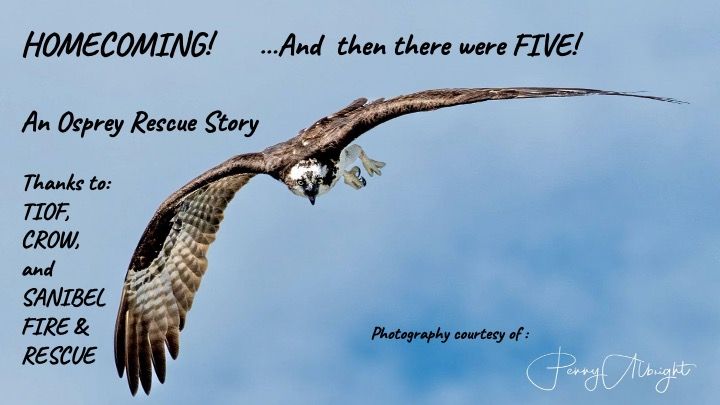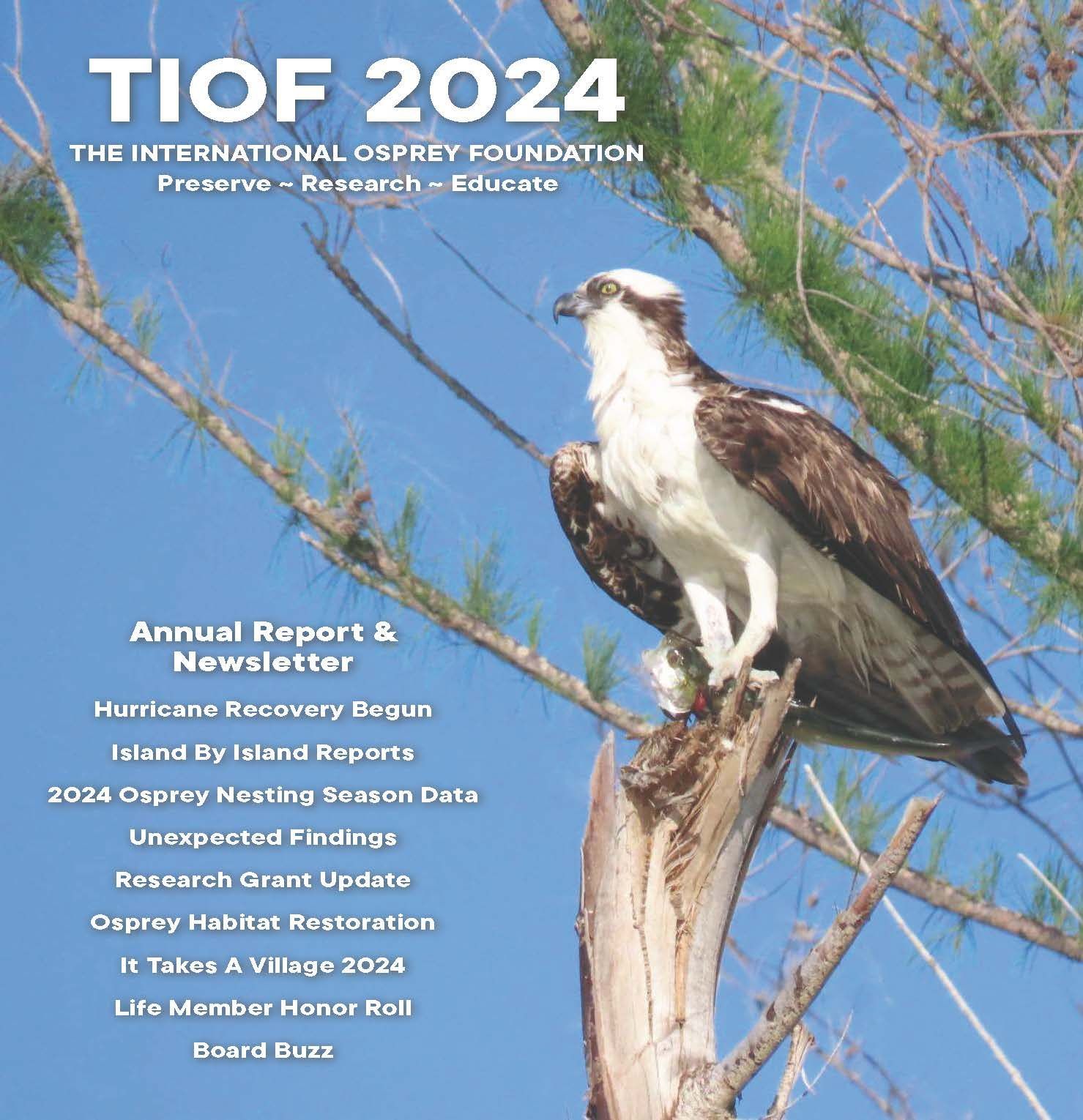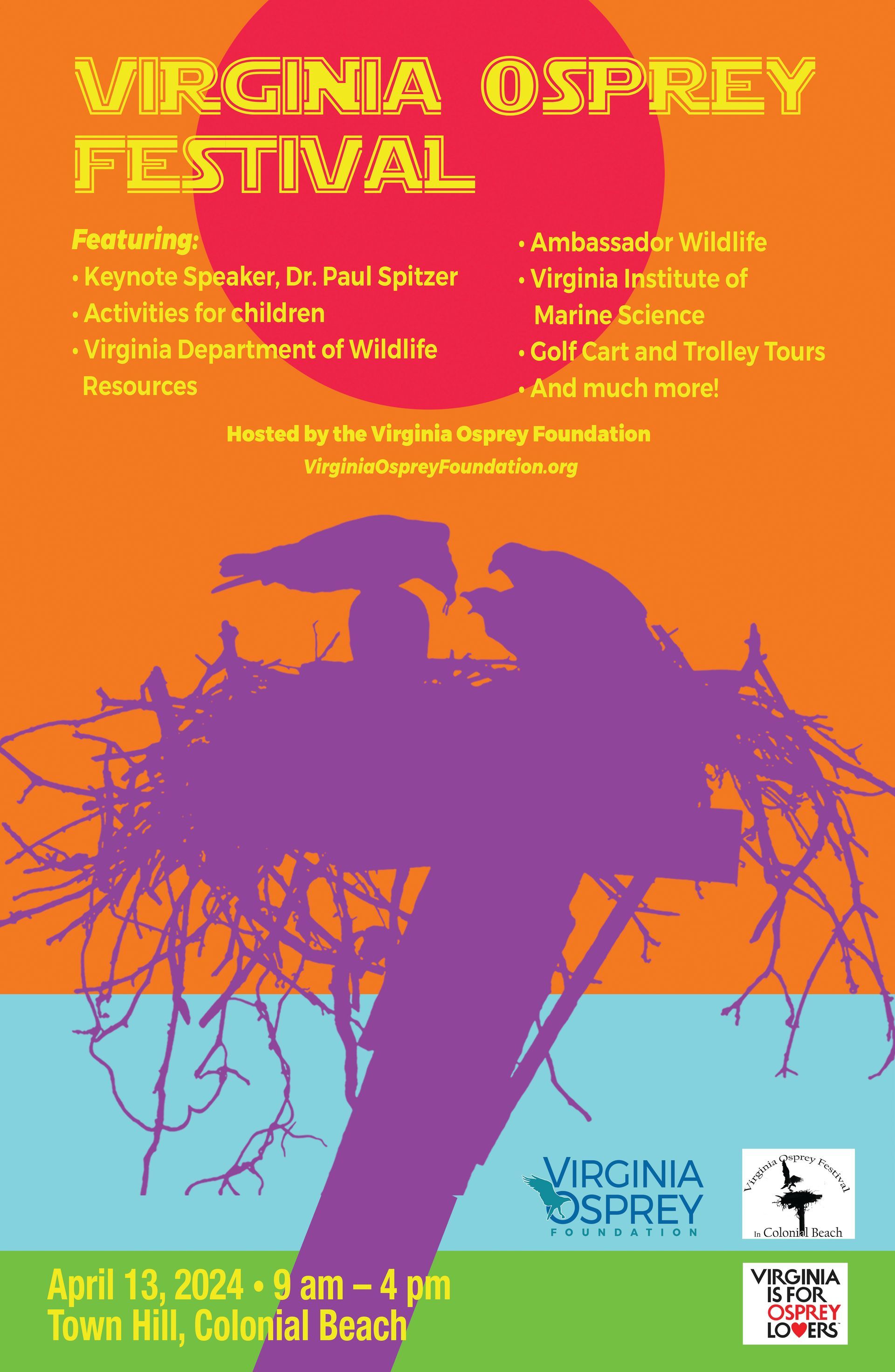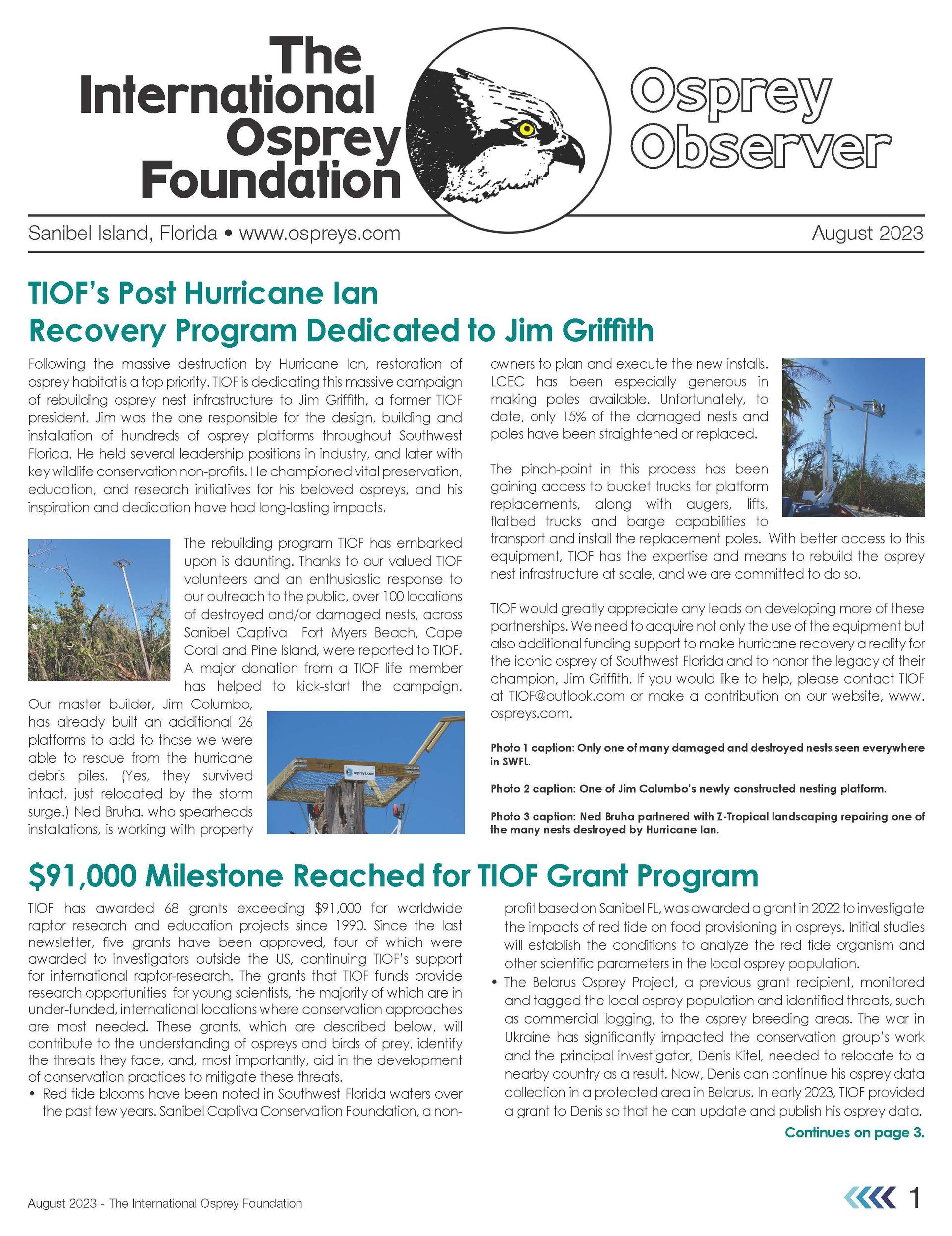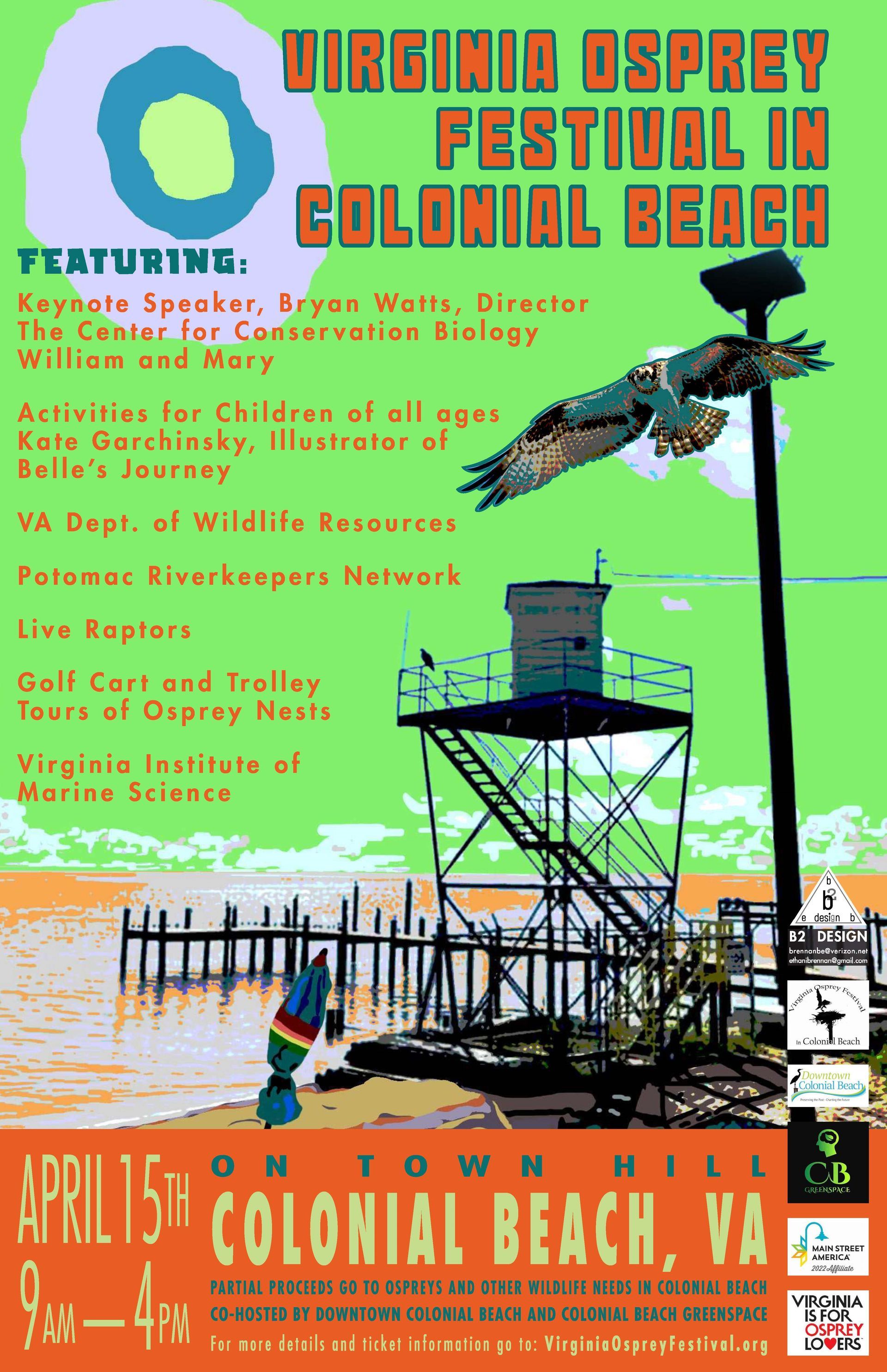TIOF Photo Contest - An Osprey’s Life - 2022

The International Osprey Foundation’s first Photo Contest! Contest Theme: An Osprey’s Life!
Give us your best shots!
Share This Article
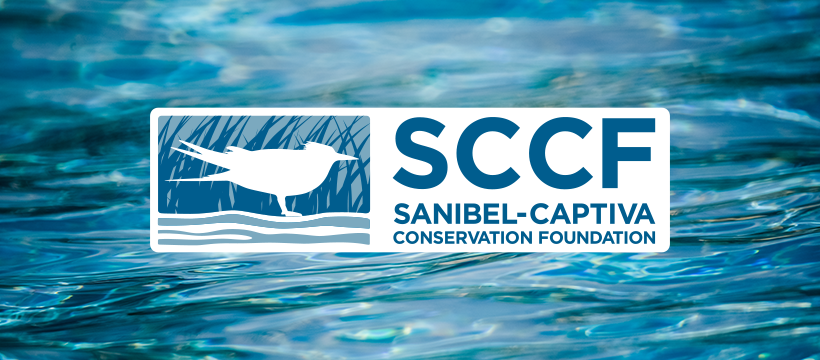
SCCF Takes on Mission of The International Osprey Foundation The International Osprey Foundation (TIOF) and the Sanibel-Captiva Conservation Foundation (SCCF) are proud to announce an exciting new chapter in their shared commitment to conservation: the official transfer of TIOF’s mission to SCCF. This milestone brings together two respected organizations united by common values, complementary strengths, and a deep dedication to protecting wildlife and inspiring environmental stewardship. Effective Jan. 1, the mission and enduring legacy of The International Osprey Foundation will live on and grow under the umbrella of SCCF. Through this transfer, SCCF will proudly carry forward TIOF’s internationally recognized leadership in osprey nest monitoring, education, nesting habitat restoration, and conservation — ensuring that this important work not only continues, but thrives as part of SCCF’s broader conservation, science, and education efforts. “This marks a moment of celebration and optimism for the future of osprey conservation,” said Kathryn Brintnall, President of The International Osprey Foundation. “By joining SCCF, we are securing a strong and sustainable home for TIOF’s mission. Together, we can expand our reach, deepen our impact, and ensure that the work so many have supported over the years continues to protect ospreys for generations to come.” As part of this shift, SCCF will assume stewardship of TIOF’s ongoing initiatives, long-standing data sets, and educational resources, ensuring continuity, accessibility, and new opportunities for collaboration. As TIOF relinquishes its official nonprofit status, its supporters can be confident that their passion and commitment will continue to be reflected in SCCF’s expanded programming and shared vision for conservation. “SCCF is excited to welcome The International Osprey Foundation’s mission, programs, and community into our organization,” said SCCF CEO James Evans. “Ospreys are powerful symbols of environmental health, and TIOF’s work beautifully complements SCCF’s integrated approach to conservation science, policy, and education. This partnership strengthens our ability to protect wildlife, advance science, and connect people to the natural world.” Read Press Release Here Join Us! Seasonal Nest Monitoring Orientation on Jan. 14 Under the leadership of our new Osprey Program Coordinator Amanda Manrique, SCCF will be hosting a volunteer orientation on Wednesday, Jan. 14, from 9-10:30 a.m. for our seasonal Osprey Monitoring Program. The orientation is open to both past and current TIOF volunteers as well as community members interested in getting involved. This session will provide an overview of the program’s goals and the important role volunteers play in monitoring regional osprey nests on Sanibel, Captiva, North Captiva, Pine Island, Fort Myers Beach, and Fort Myers.
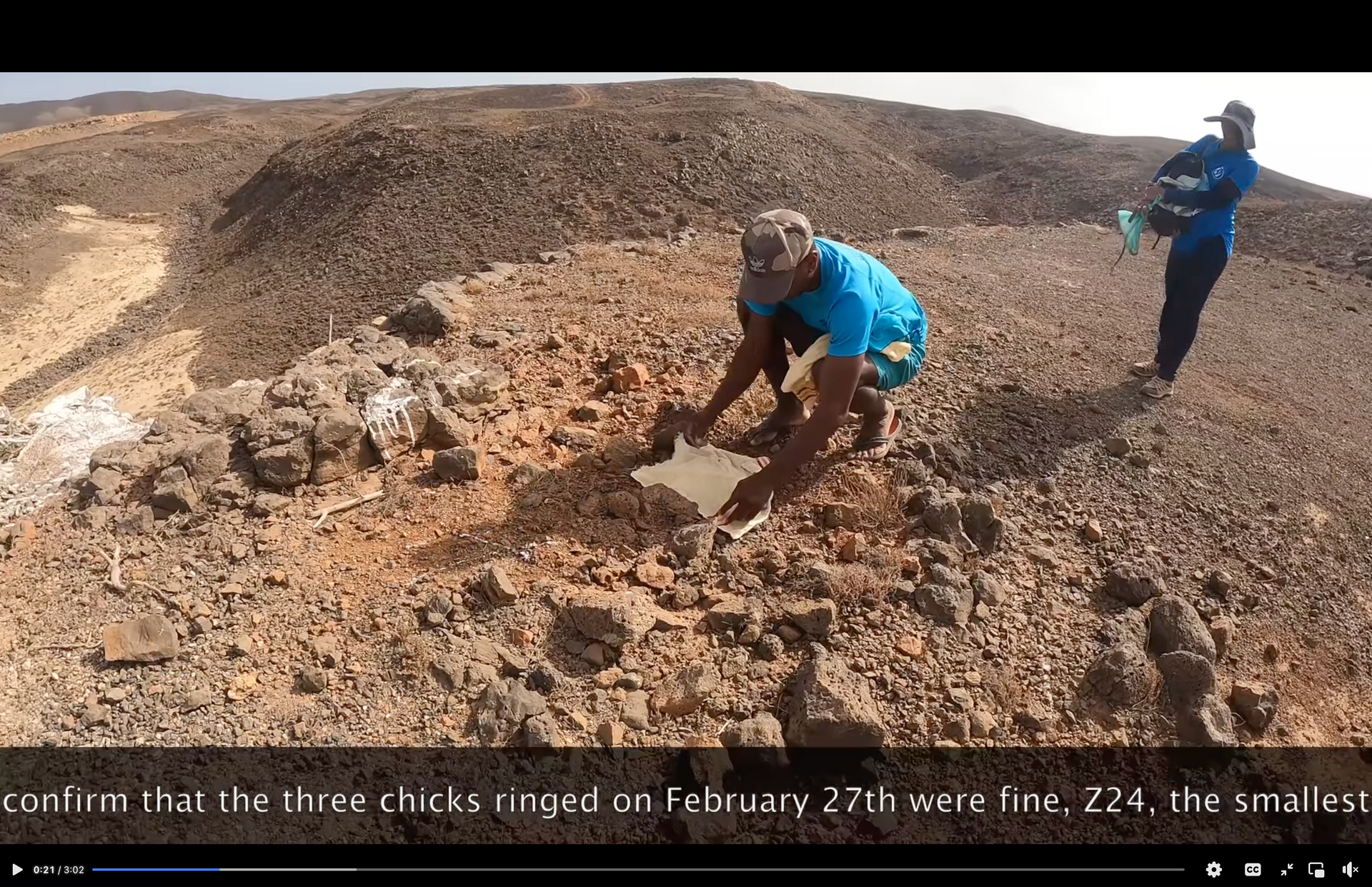
Pedro Lopez, a previous TIOF grant recipient, has provided an excellent video from the environmental organization BIOS CV depicting the cross-fostering of a juvenile osprey in Boa Vista in the Cape Verde Islands. Z24 was severely injured due to sibling aggression by its older and larger nestmates. Brood reduction, mediated by sibling aggression, is quite common in the Boa Vista osprey population. To aid in his survival, the near-fledging Z24, at 7 weeks old, was placed into another nest for a cross-fostering attempt. Typically, cross-fostering is done into nests with other nestlings but this was the first time that a near fledgling osprey had been transferred to a nest without nestlings. Watch the video of the successful cross-fostering of Z24!
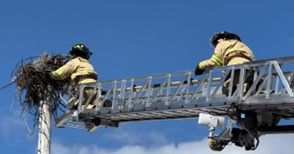
The calls started coming to TIOF fast and furious. The issue, a broken nesting pole by the Sanibel Lighthouse that was home to a very popular and productive pair of ospreys. “The birds are back!” While this was great news, the situation wasn’t. The pole was in no shape to support a huge osprey nest. But nobody told the birds that. They started building right away. Beachgoers and Sanibel residents let us know of their concerns. TIOF, along with Ned Bruha, THE WILDLIFE WHISPERER, (our main installer) and Sanibel Fire and Rescue Assistant Chief Chris Jackson started planning the installation. Firefighters Ron Petito and Arian Moore under the direction of Chief Mike Martin, got straight to work removing the nesting materials. Ned wrangled the new platform into place and added back the nesting materials while the birds kept an eye on things from the air. As the sun descended into the western sky, our ospreys re-established residency on the new platform. HOME-SWEET-HOME!

Did you know there is an International Osprey Foundation headquartered on Sanibel Island in Florida? Today, we speak with Kathryn Brintnall, president of the foundation, about ongoing efforts to protect the Osprey. We also discuss the effects of Hurricane Ian on Osprey populations. Go to the International Osprey Foundation at www.ospreys.com; go to the Sanibel-Captiva Conservation Foundation (SCCF) at https://sccf.org/; go to the J.N. Ding Darling National Refuge website at https://www.fws.gov/refuge/jn-ding-darling; go to the Clinic For The Rehabilitation of Wildlife (C.R.O.W.) website at https://crowclinic.org. Join Catherine Greenleaf, a certified wildlife rehabilitator with 20 years of experience rescuing and rehabilitating injured wildlife, for twice-monthly discussions about restoring native habitat and helping the birds in your backyard. Access the BIRD HUGGER Newsletter here: www.birdhuggerpodcast.com. Send your questions about birds and native gardening to birdhuggerpodcast@gmail.com. (PG-13) St. Dymphna Press, LLC.
